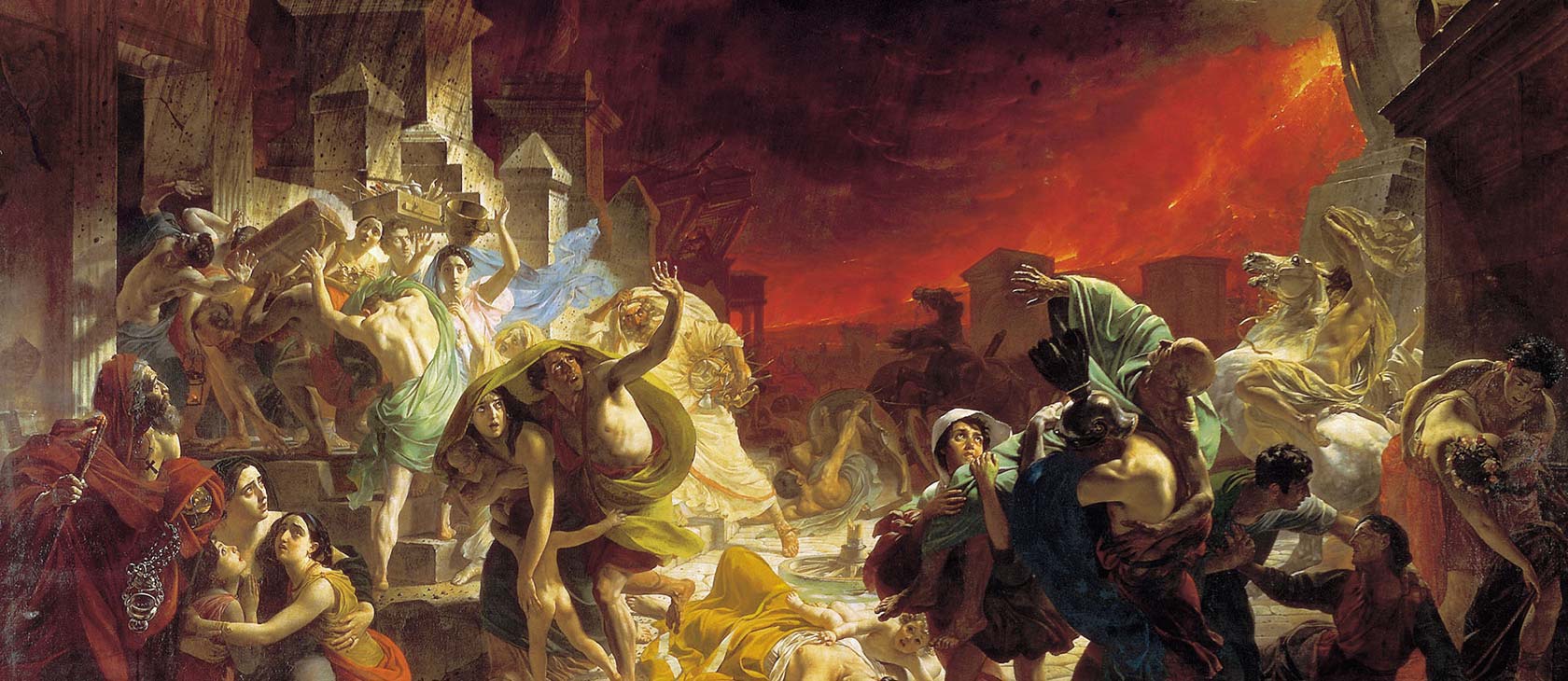The primary mission of the Acton Institute since its inception has been identifying and revealing both traditional and innovative tonics to ward off Lord Acton’s dictum: “Power tends to corrupt, and absolute power corrupts absolutely.” In fact, the manner in which we wield our power over one another, our environment and God’s other creatures defines our humanity, or, in other words, who we are as individuals and social creatures.
Our combined tradition teaches us that humanity was not created by God to live in chains forged by other humans. Nor were we left without instructions on the care of our planet and its nonhuman denizens. Our Creator from the beginning had much better aspirations for us all.
However, one doesn’t have to be a grizzled rock guitarist and polarizing raconteur to recognize it’s one thing to respect and nurture God’s creations and another, totally different, thing to worship Earth’s flora and fauna. The former is Judeo-Christian principles practiced prudentially while the veneration of nature is mere paganism. We are called to be stewards of the environment, which entails conscientiousness of our planet’s vulnerabilities and concomitant realization of Earth’s resilience and sometimes cruelty.
Having recently returned from an archaeological dig in Pompeii, Italy, I can attest to the massive power wielded by nature against humanity and Earth itself. The city, readers recall, was buried under an estimated millions of tons of pumice, ash and rock after the volcano Mount Vesuvius erupted in 79 A.D.
I had the opportunity to assist in the excavation of the site in July of this year, fulfilling one of my longtime dreams. I was presented with the opportunity to witness firsthand the amazing power and devastation of the occurrences of nearly 2,000 years ago, which was tremendously humbling. The climax of my experience was actually uncovering human vertebrae unexposed since Mount Vesuvius claimed the lives of approximately 20,000 humans in not only Pompeii but also nearby Stabiae and Herculaneum two millennia ago.
Scientists conjecture contents of the volcano spewed 22 miles above the Italian villages before finally settling and smothering them. The work to uncover them began nearly 300 years ago, a painstakingly slow and labor-intensive job only recently made much easier by modern technology.
My experiences gave me much to ponder regarding both the environment and human ingenuity. Much good has come from human technological advancements. From the laptop and software I’m using to write this piece to the Internet and networking devices I’ll use to share this with editors and printers, technology holds the potential for wondrous time- and labor-saving tasks.
But, most important, we have technology to alert us before a major tragedy occurs. Remember: nature is still capable of wreaking tremendous havoc. And Mount Vesuvius is still an active volcano. With the use of contemporary technologies, it is hoped that another 2,000 human lives won’t perish when it erupts again.




